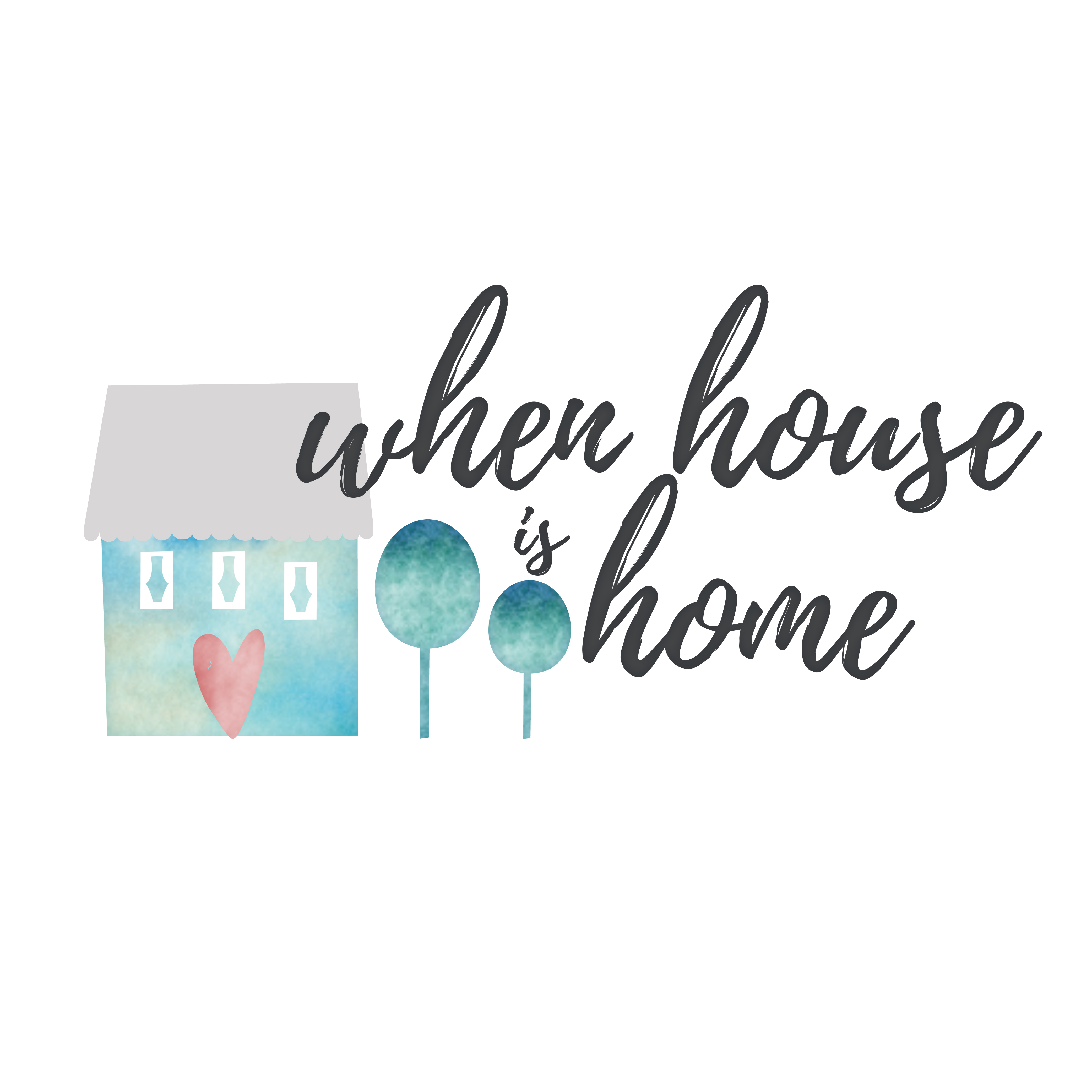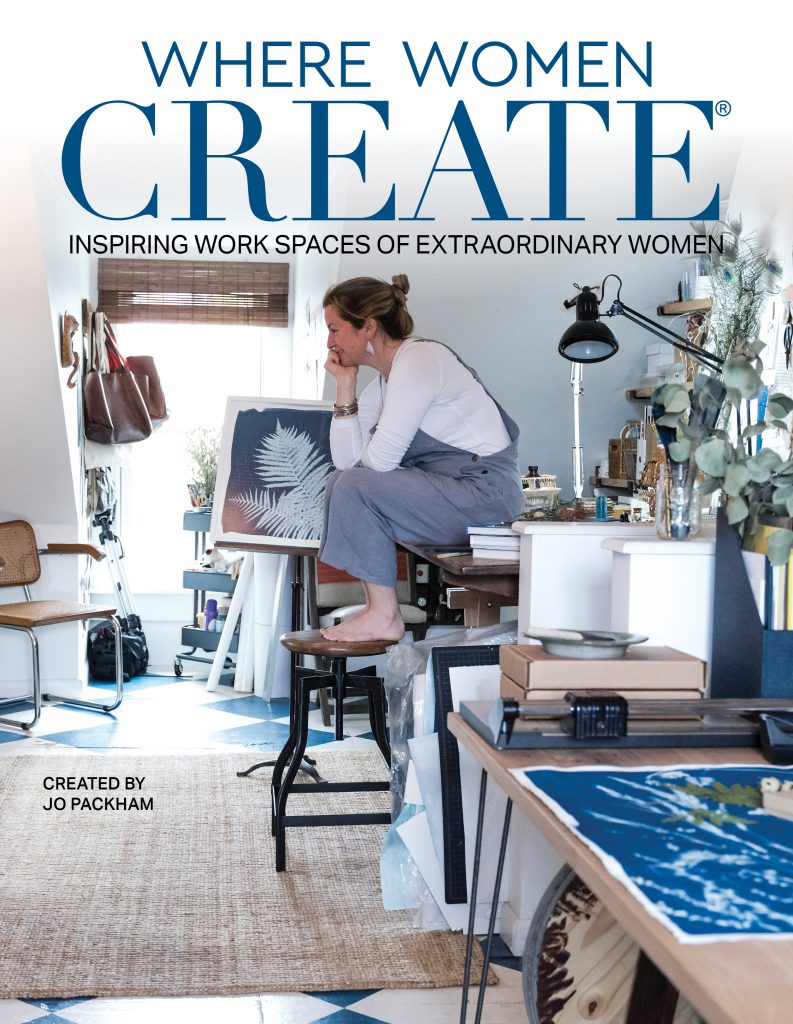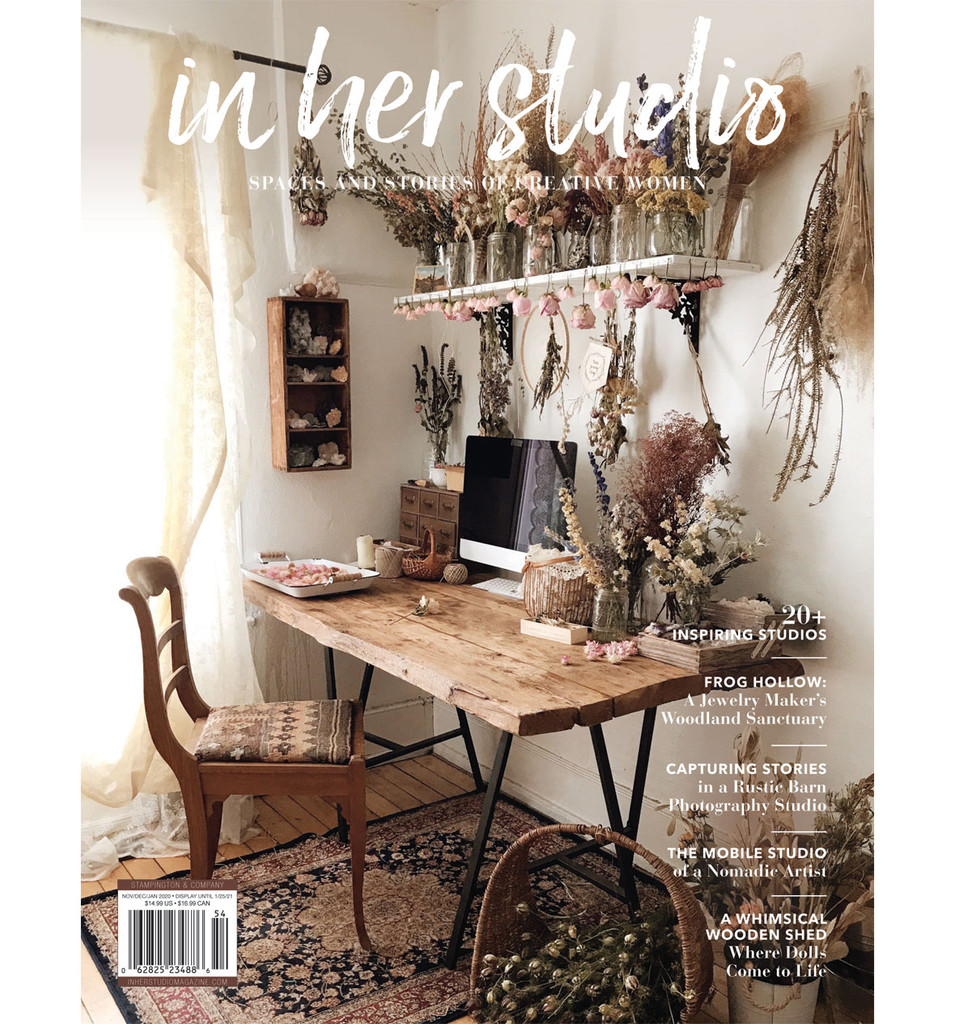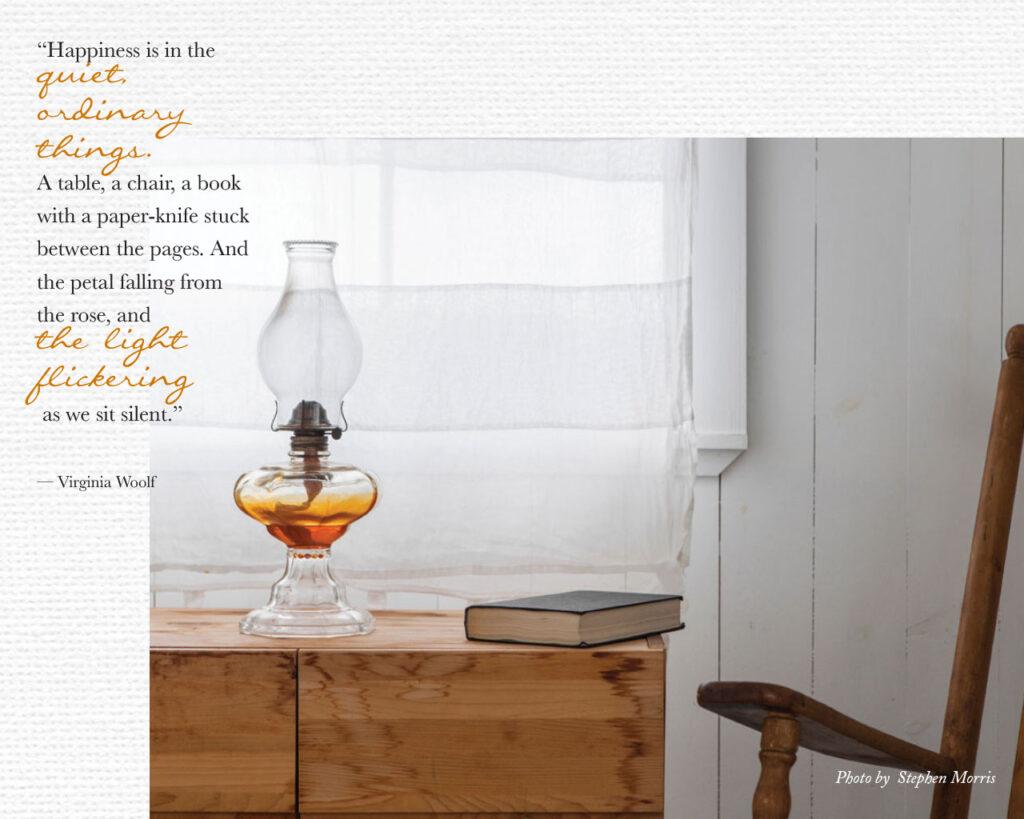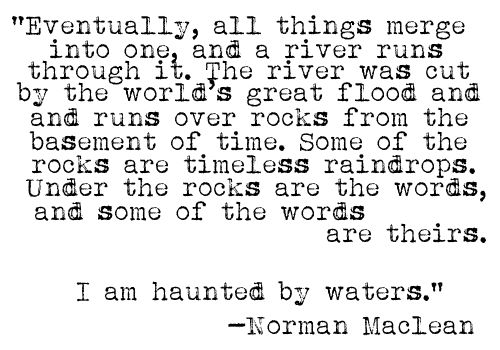It started with an innocent walk to the mailbox. As I stood on the curb thumbing through the mail, the postcard that we all dread was there — SUMMONS — I had been called to Jury Duty. It doesn’t happen too often so it comes as a surprise when there is a physical date to comply with.
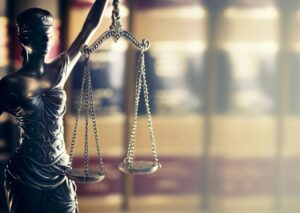
Justice
This was the 5-day call in after 5:00 p.m. service. While there is a chance of not being called in, it keeps you tethered to the court schedule for a week. I made it through the first 3 days with “check back tomorrow” but on the 4th day — I was told to be at the court that afternoon at 1:00 p.m. My heart sank and I knew there was no ignoring this. I do not like my schedule to be altered in any way. I get anxiety when I have no choice in the matter. After years of raising kids and having to be on their schedule, I am happy in my new freedom to arrange my day to balance work, exercise, writing and fun.
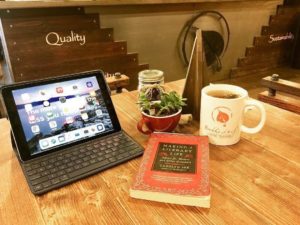
Time to Think
I was seated in the waiting room ready to be sent to a courtroom. At that point, I realized that I needed to change my attitude and be present. I was immediately called into the jury box and the hopeful thoughts of the attorneys and judge that I would fit their criteria. I listened intently to the instructions and what would be expected of me. I was still frustrated with having to be in a room and not free to come and go. The trial would go for 4 days which would put me into next week before I finished.
As I settled in to my fate, I glanced around the room at the cast of characters and then settled on the defendant. This was a criminal case. She looked scared and I suddenly felt bad for not wanting my own day to be altered when she was facing an interruption to her entire life. It all became real in that moment. Being placed on a criminal jury trial held much more weight than the civil law that I dealt with on a daily basis in my career. This was someone’s life at stake.
As the process continued I was still in the jury box at the end of the day and asked to be back at 9:00 a.m. tomorrow. I could not stop glancing at her eyes as each juror told their ability or inability to serve and determine her fate in a fair way.
As more specific details unfolded, I was asked if I could put aside any sympathy and allow certain evidence that might be a bit tough to hear. I now felt the heaviness of what I was being asked to decide. I had never made it this far in any prior jury service and could not honestly say that sympathy would not play a factor in my decision. I also knew that my own conscience would push me to want the full weight of punishment to keep her from further putting herself or others at risk.
The Judge had finished his instructions and now it was time for the attorneys to get more personal in their assessment of jurors. I realized that I had to be honest with myself. I did not want to be in the position of not being fair or tough enough. I looked at the Defendant again and wanted so badly to contribute to a good life for her. I also wanted to be firm in my stance that a tough sentence might end this path for her.
After a few questions from each attorney, I realized that this case just hit too close to home for me to be unbiased. As the Judge predicted, once you get into the details of the situation, you get drawn in. You want to see how it all ends. I would never know what happened to this person.
I made an honest assessment about myself and dismissal was the right decision. I could not fit their criteria. In that, I gave them the ability to move on to others who could make a better determination.
But — I was not free. I thought about our legal system and knew that at least that Defendant had an opportunity to be represented. I was hopeful that a fair verdict could be reached. I kept seeing her face in my thoughts and hoped that her life would move forward in a better way.
How fair is it to make decisions without knowing the full story of a life. If found guilty, would it make a difference? Or would it breed hopelessness that anything would change for her, just another tough break.
I walked away appreciating that I had this experience and did not ignore my responsibility. Empathy with no knowledge of life choices or the court system is the true bias. We leave a lot to the judges we elect. Their humanity or inhumanity shapes our communities and we need to take it seriously when voting them in.
